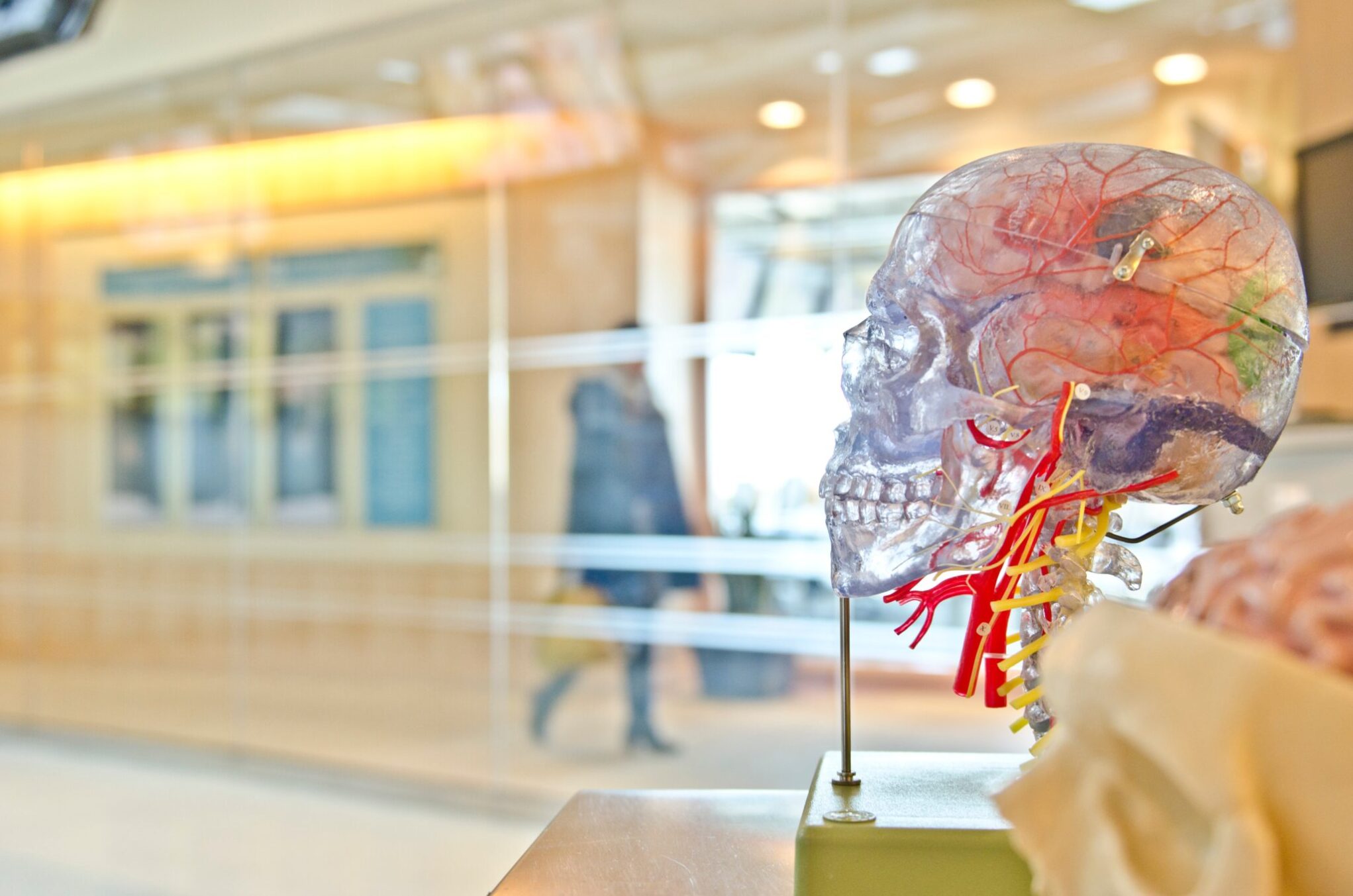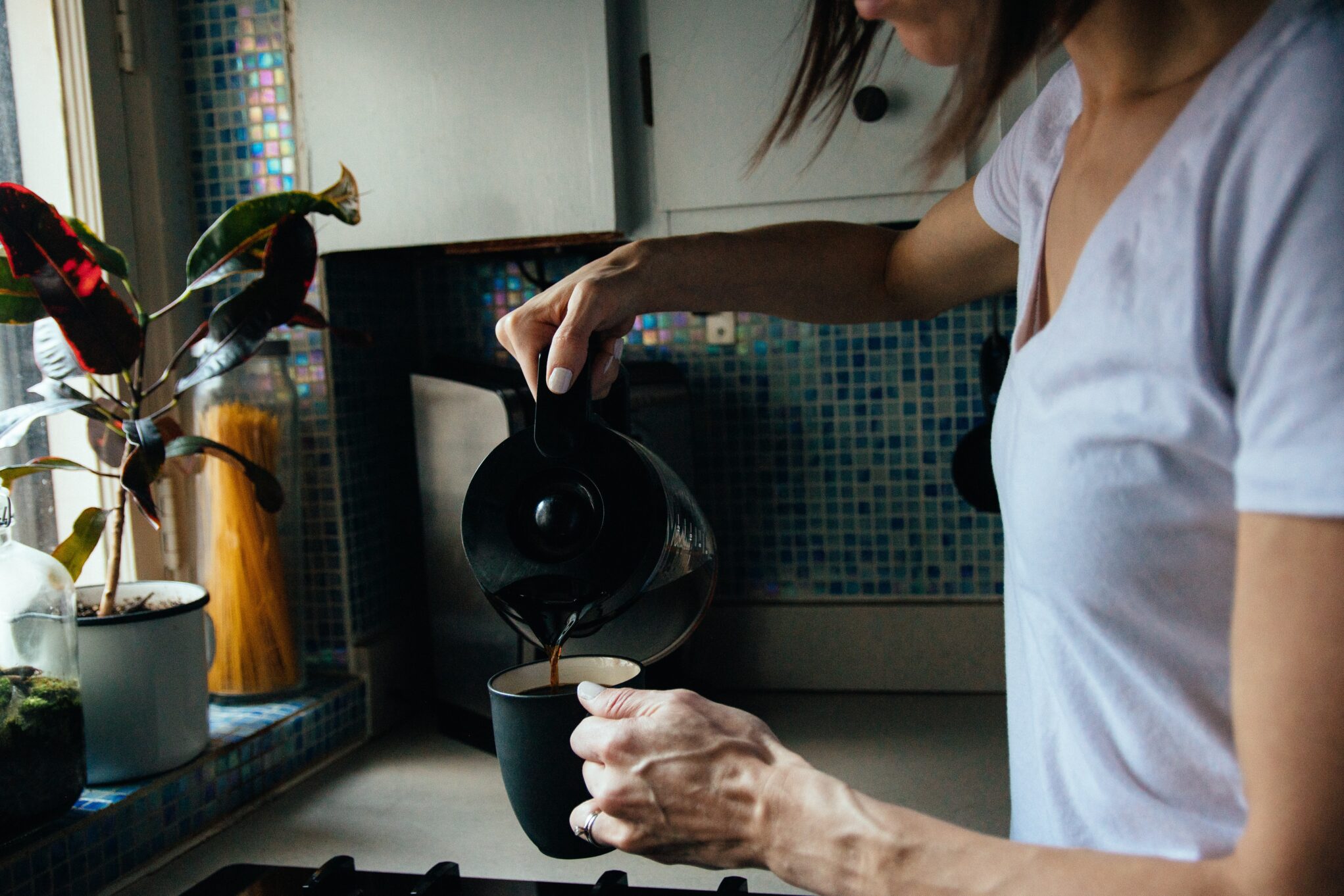How Burnout Affects Anxiety


We know that some symptoms of burnout look like anxiety (and we also know that some symptoms of burnout look like depression). When it comes to anxiety and burnout, the research into the fight or flight response is strongly indicative, as well as the research into the effects of cortisol and adrenaline. We expect that as you experience burnout you will also experience symptoms of anxiety.
Where the research stands currently is at a bit of a standstill. Most papers show a link between burnout and anxiety, but it wasn’t until a 2019 meta-analysis came out that showed that although there was a link between burnout and anxiety, they were in fact, two separate constructs. This leads us to hypothesize that there are symptoms of anxiety that are associated with anxiety, and there are symptoms of anxiety that are associated with burnout. These are two different constructs.
What does this paper show us?
That anxiety is a common psychological condition which acts as a protective factor against threatening situations (Cole, 2014). However, prolonged anxiety might result in psychological distress affecting an individual’s everyday functioning (Cole, 2014). According to Ahmed et al. (2009), anxiety is “a psychological and physiologic state characterized by cognitive, somatic, emotional, and behavioral components.” Although anxiety is considered a general reaction to threatening situations, it is divided into two related constructs; trait and state anxiety (Turnipseed, 1998).
Trait anxiety is an individual’s stable characteristic and the degree to which he/she perceives stressful situations as threatening, i.e., a person’s proneness to anxiety (Spielberger, 1966). On the other hand, state anxiety is the individual’s reaction toward a situation after having appraised it as threatening (Spielberger, 1966). That is, an individual’s proneness to anxiety reflects trait anxiety, whereas state anxiety is the reaction after a situation has been appraised as threatening. Some researchers suggest that occupational stress might in fact be a risk factor for anxiety symptoms (DiGiacomo and Adamson, 2001; Sun et al., 2012). For example, in the study of Vasilopoulos (2012) the participants who reported high social anxiety levels reported high burnout levels as well.
Additionally, Mark and Smith (2012) found that job demands, extrinsic effort, and over-commitment were associated with increased anxiety levels. Similarly, Ding et al. (2014) found that emotional exhaustion and cynicism were positively related to anxiety symptoms, whereas professional efficacy was negatively related to anxiety symptoms. That is, the more emotionally exhausted, cynical, and less efficient toward his/her work an individual feels, the more anxious he/she will be. Turnipseed (1998) also found that burnout and anxiety symptoms are significantly correlated with each other, with the strongest link existing between anxiety and emotional exhaustion. According to Turnipseed (1998), this interaction between work situations and individuals’ personalities –as mentioned earlier– creates a state of anxiety and, by extension, contributes to burnout onset.
This lead to a number of questions posed by the researchers. Specifically, are people with higher trait anxiety more prone to developing burnout or do burnout feelings compound anxiety symptoms? Furthermore, is there an overlap between burnout and anxiety?
These questions are still being pondered and researched, but what we can conclude is that individuals who are more prone to experiencing higher levels of anxiety (trait anxiety) are also more likely to develop burnout as well. This means that these symptoms can potentiate the symptoms of diagnosable disorders such as anxiety. What that also means is that sometimes we miss the bigger picture.
If symptoms of burnout look like anxiety, as this paper suggests, then we need to treat your burnout to help your anxiety.
Research:
https://www.frontiersin.org/articles/10.3389/fpsyg.2019.00284/full
Start Your Best Health, Today
Contact us to schedule a complimentary consultation





